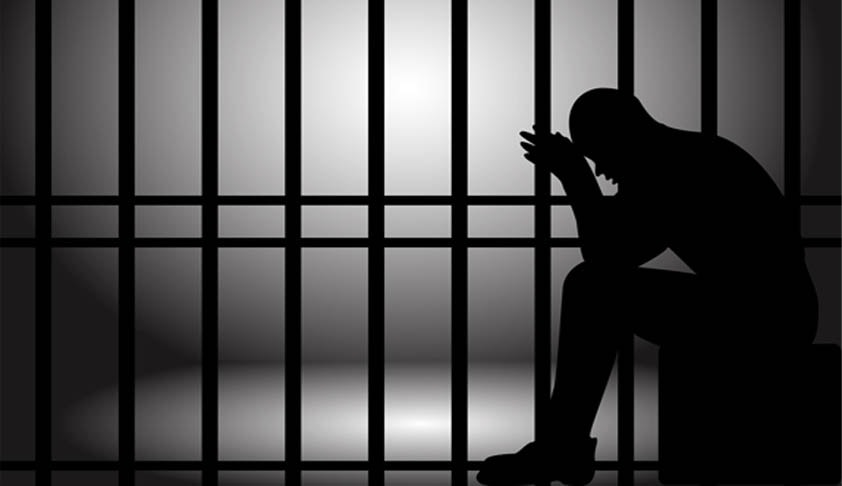In News: Caste in jail: On discrimination in prisons;Why did the Supreme Court strike down ‘casteist’ provisions in India’s prison manuals? | Explained
1.Evaluate the current challenges faced by the Indian prison system, particularly in relation to overcrowding and the treatment of undertrials. What reforms would you propose to address these issues effectively?
The recent Supreme Court judgement declaring caste-based discrimination in prisons unconstitutional, underscores the urgent need for comprehensive prison reforms to ensure equality, dignity, and rehabilitation for all inmates.
Challenges faced by the Indian prison system:
- High Occupancy Rates and undertrials:
● The national average occupancy rate in Indian prisons is approximately 130%, with some states like Uttarakhand reporting rates as high as 185%.
● It is due to a large number of undertrial prisoners. 3 out of every 4 persons, i.e. 76.1 percent of all persons held in India’s prisons are undertrials, as per NCRB report 2020.
● Lack of legal representation: Many undertrials do not have access to adequate legal counsel - Inefficient judicial processes:
● Delays in trials and sentencing contribute to the overcrowding crisis.( 4.7 crore cases are pending )
● The judge-to-population ratio in India is about 21 judges per million people as against the law commission’s recommendation of 50 judges per million people. - Poor Living Conditions:
● As per Amitava Roy Committee, living conditions in jails are not comparable to those envisaged under the Model Prison Manual, 2016 resulting in “pitiful” living conditions. - Lack of infrastructure:
● Many prisons are outdated and lack sufficient facilities to accommodate the growing number of inmates.
● Lack of initiative and drive of expansion or improvement in prison infrastructure as highlighted by Amitava Roy Committee
● Shortage of staff in prison department - Disproportionate sentencing practices:
● Undertrial prisoners often face harsh conditions for minor offences due to stringent laws and practices that favour pre-trial detention over alternatives like bail or probation - Gender exclusionary:
● Justice Amitava Roy Committee report highlights women prisoners face far worse conditions than men in terms of access to basic facilities like medical care, legal aid, and recreational facilities.
To effectively address these issues, it is imperative to implement a range of prison reforms.
- Strengthening anti-discrimination measures: Implementing robust mechanisms to prevent and address caste-based discrimination within prisons, such as establishing complaint procedures
- Improving prison conditions by ensuring that all inmates have access to basic necessities and Strengthening legal aid as envisaged under Article 39A.
- Bail Reforms: Implementing a system similar to Andhra Pradesh’s ‘Cheyutha Nidhi’ could provide financial assistance for bail amounts, helping poor prisoners secure their release while awaiting trial
- Improving Facilities: Investment in prison infrastructure is crucial. This includes building new facilities to accommodate inmates safely and humanely
- The Undertrial Review Committee (UTRC) mechanism needs to be strengthened to address the issue of overcrowding.
- Special fast track courts to be set up to extensively deal with petty offences and for cases pending for five years or more.
- Shortage of staff in prison departments across the country needs to be addressed immediately by filling up the existing vacancies.
- Justice Amitava Roy Committee report suggests introducing telemedicine for inmate healthcare, enhancing vocational training programs, and replacing imprisonment for petty offences with community service options.
By implementing these reforms, the Indian prison system can address its current challenges more effectively, ensuring justice is served while upholding the rights and dignity of all inmates.
Source:
https://www.thehindu.com/opinion/editorial/caste-in-jail/article68718763.ece;
https://www.thehindu.com/news/national/supreme-court-verdict-casteist-provisions-indias-prison-manuals-explained/article68704711.ece
https://indianexpress.com/article/india/speedy-trial-effective-tool-overcrowding-jails-sc-panel-prison-reforms-8918070/

